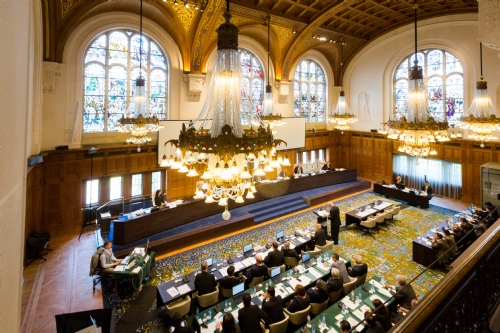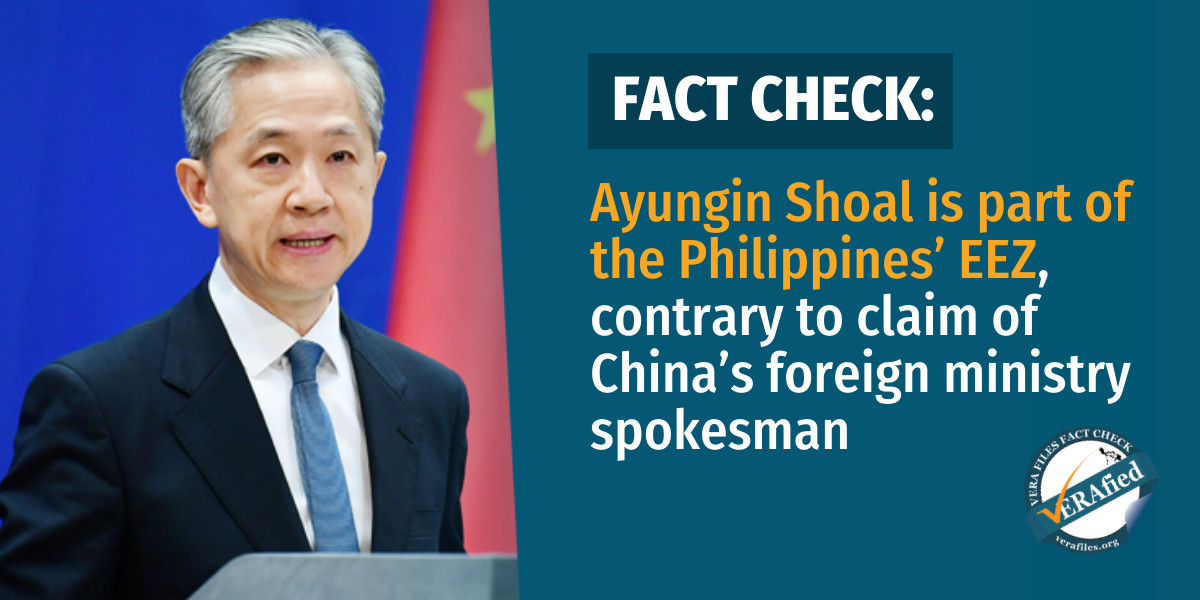
France; Judge Stanislaw Pawlak of Poland; Professor Alfred Soons of the Netherlands; and Judge Rüdiger
Wolfrum of Germany.
By ELLEN T. TORDESILLAS
NO amount of China’s protestation that the Oct 29 decision of the United Nations Arbitral Tribunal is “null and void” and it has “no binding effect” on them, cancels the fact that it’s a major blow to them.
Filipinos, on the other hand, should understand that the U.N. Arbitral Court’s decision, although a win for the country, does not award the disputed islands and waters of Spratlys to the Philippines.
That’s precisely because that is not what the Philippines asked from the U.N. Arbitral Tribunal when it filed the case against China on Jan. 22, 2013.
What the Philippines asked the Tribunal concerned three basic issues: rule on the validity of China’s nine-dash line map; low tide elevations (rocks or reefs that can be seen only during low tide and disappear during high tide) where China has built permanent structures should be declared as forming part of the Philippine Continental shelf (200 nautical mile); and the waters outside the 12 nautical miles surrounding the Panatag Island (Scarbourough shoal) should be declared as part of the Philippines 200 nautical mile economic exclusive zone.
China questioned the jurisdiction of the Arbitral Tribunal saying the issues raised by the Philippines are territorial matters and are beyond the interpretation of the U.N. Convention of the Law of the Sea, which is the role of the tribunal.
Territorial issues – who has sovereignty over disputed territories- is the province of the International Court of Justice which requires that both parties agree to bring the issue to the court for resolution. Since China refused to bring the issue for international arbitration, the Philippines wisely opted to go to the UNCLOS Arbitral Tribunal.
In its decision, the Court stated: “ConsciousthattheConventionisnotconcernedwithterritorialdisputes,thePhilippineshas statedatallstagesofthisarbitration thatitisnotaskingthisTribunaltoruleontheterritorial sovereigntyaspectofitsdisputeswithChina. Similarly,conscious thatin2006Chinamadea declaration, inaccordancewiththeConvention, toexcludemaritimeboundarydelimitations fromitsacceptanceofcompulsorydisputesettlementproceduresundertheConvention, the PhilippineshasstatedthatitisnotaskingthisTribunaltodelimitanymaritimeboundaries.
In its press release on the Award, the Court said, “Thisarbitrationconcernstheroleof ‘historicrights’andthesourceofmaritimeentitlementsintheSouthChinaSea,thestatusofcertain maritimefeaturesintheSouthChinaSeaandthemaritimeentitlements theyarecapableofgenerating,and thelawfulnessofcertainactionsbyChinaintheSouthChinaSeathatareallegedbythePhilippinesto violatetheConvention.”
TheTribunal said the decision was “unanimous” and underscored that it “concerns onlywhether it hasjurisdiction toconsider thePhilippines’claims andwhethersuchclaims areadmissible.”
“TheAward doesnotdecideany aspectofthemerits oftheParties’dispute,” the statement said.
That judgment will come after the hearings where the Philippines will argue on the merits of its submissions. The Philippines’ American lawyer, Paul Reichler, has been quoted as saying that the decision may come mid-2016.
In its press statement, the Tribunal said, “InitsAward,theTribunal hasheldthatboththePhilippinesand ChinaarepartiestotheConventionandboundbyitsprovisionsonthesettlementofdisputes. TheTribunal hasalsoheldthatChina’sdecisionnottoparticipateintheseproceedings doesnotdeprivetheTribunalof jurisdictionandthatthePhilippines’ decisiontocommencearbitration unilaterallywasnotanabuseofthe Convention’sdispute settlementprocedures. “
The Tribunal dismissed the arguments stated by China in its position paper that was not officially submitted but nevertheless, considered by the Court. It said, “Reviewingthe claims submitted by the Philippines,the Tribunalhasrejectedtheargumentset outinChina’sPositionPaperthattheParties’disputeis actuallyabout sovereigntyovertheislandsintheSouthChinaSeaandthereforebeyondtheTribunal’sjurisdiction. The Tribunal hasalsorejectedtheargumentsetoutinChina’s Position PaperthattheParties’disputeisactually aboutthedelimitationofamaritimeboundarybetweenthemandthereforeexcludedfromtheTribunal’s jurisdictionthroughadeclarationmadeby Chinain 2006.Onthecontrary,theTribunalhasheldthateachof thePhilippines’Submissions reflectdisputesbetweenthetwoStatesconcerningtheinterpretation or applicationoftheConvention. TheTribunalhasalsoheldthatnootherStatesareindispensabletothe proceedings.”





